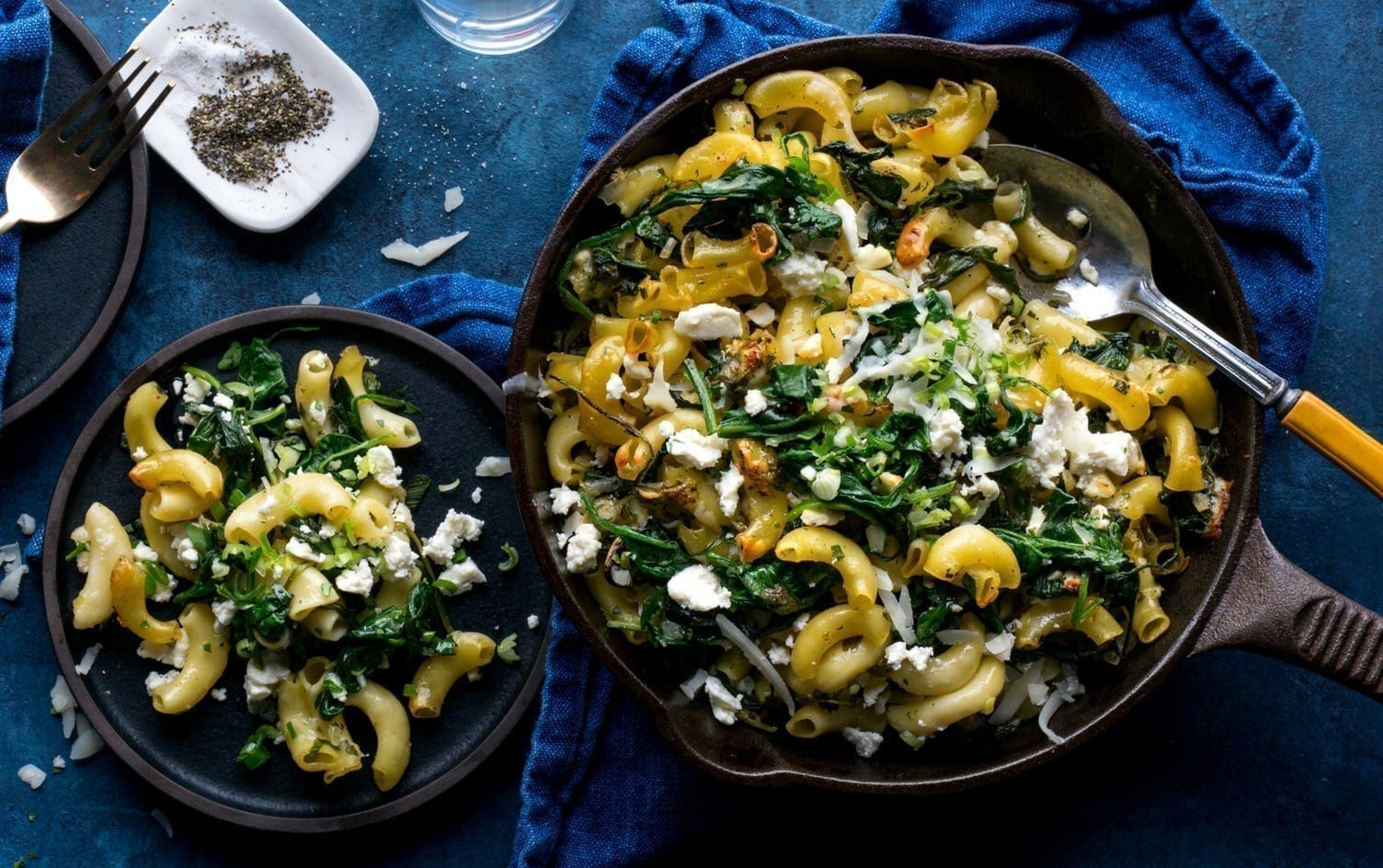
Continually near the top of the U.S. News & World Report’s annual Best Diets lists, the Mediterranean diet is known for its heart health benefits and focus on fish, olive oil and red wine. And although researchers of the landmark study on the diet recently re-published their findings after discovering flaws in the original study, the conclusions still suggest a connection between the diet and heart health.
Still, it may not be the right diet for everyone. Here’s what registered dietitians say you should know about the Mediterranean diet.
Research associates eating a Mediterranean diet with reduced risk of heart disease, certain cancers, diabetes and dementia.
“It’s based on the eating habits of those living in Mediterranean countries, and there’s no calorie counting or weighing foods,” explains New York City nutritionist Keri Gans, RDN and author of “The Small Change Diet.” “It focuses on choosing healthy foods and, by default, eating less unhealthy ones.” All of this may make it more sustainable than other diets. However, some people do better on diets with strict guidelines, adds James Beard award-winning food and nutrition author Sidney Fry, RD.
Since the Mediterranean diet doesn’t focus on calories, you need to be mindful of your portions. “Even with the healthiest of foods, eating too much of them may equate to too many calories,” Gans says. Talk to a registered dietitian if weight loss is your goal.
Another reason to be smart about portions is because the diet is high in fat, which is calorically dense. Otherwise, you don’t need to worry about these fats, as they are high-quality and heart-healthy, including fatty fish, nuts and olive oils, Fry says.
Although up to one glass of wine daily is part of the diet, that’s no reason to drink if you don’t currently. “Even though there may be health benefits to a glass of wine, you can find those nutrients in other foods and no diet will ever tell someone to start drinking,” Gans says. And remember that if you do drink, it’s only one glass for women, which is five ounces, and it’s with a meal.
Meat — and especially red meat — is eaten in very small portions and infrequently on the Mediterranean diet. The main protein is fish and seafood, with an emphasis on fatty fish such as salmon, tuna, sardines and mackerel, which are good sources of omega-3 fatty acids.
Yep, you can have spaghetti on the Mediterranean diet, although most pasta dishes are topped with plenty of veggies sautéed in garlic and oil versus a heavy cream or meat sauce, Gans notes. “Pasta is low on the glycemic index, meaning it doesn’t spike your blood sugar and acts as a slow-releasing carbohydrate,” Fry adds. “Foods low on the glycemic index are associated with lower rates of heart disease and may even lead to moderate weight loss.”
Although the diet is based off of home cooking and doing so gives you more control over what you are eating, it is possible to follow the Mediterranean diet while dining out. Choose options like those you’d make at home, such as grilled or sauteed fish or chicken, lots of vegetables and no fried foods or creamy sauces.
“A 2017 study published in the International Journal of Epidemiology found that heart-healthy advantages associated with the Mediterranean diet were limited to high socioeconomic groups who consumed fish more frequently, and who reported a higher-quality diet that included more nuts, more organic produce and foods, more whole grains and more olive oil,” Fry says. Seafood, whole grains, quality vegetables, olive oil, wine and nuts aren’t always cheap, she adds. Buy the best quality you can afford.
“The Mediterranean diet is in favor of eating your meals with friends and family,” Gans says. “It’s more about the joy associated with eating with others, as opposed to thinking you are on a ‘diet’ and must eat diet foods alone in your kitchen.” Eating with others also may help you eat more slowly since you tend to talk more and enjoy the experience, which may help you eat less overall, she adds.
“Would I recommend this diet? Absolutely,” Fry says. “It emphasizes whole foods, is vegetable-centric, replaces saturated fats with omega-3 rich heart-healthy fats, stresses the importance of seafood and whole grains and encourages more cooking and activity in the kitchen.” Gans agrees, saying “I 100% recommend this diet because it really isn’t a diet but overall healthy eating.”




